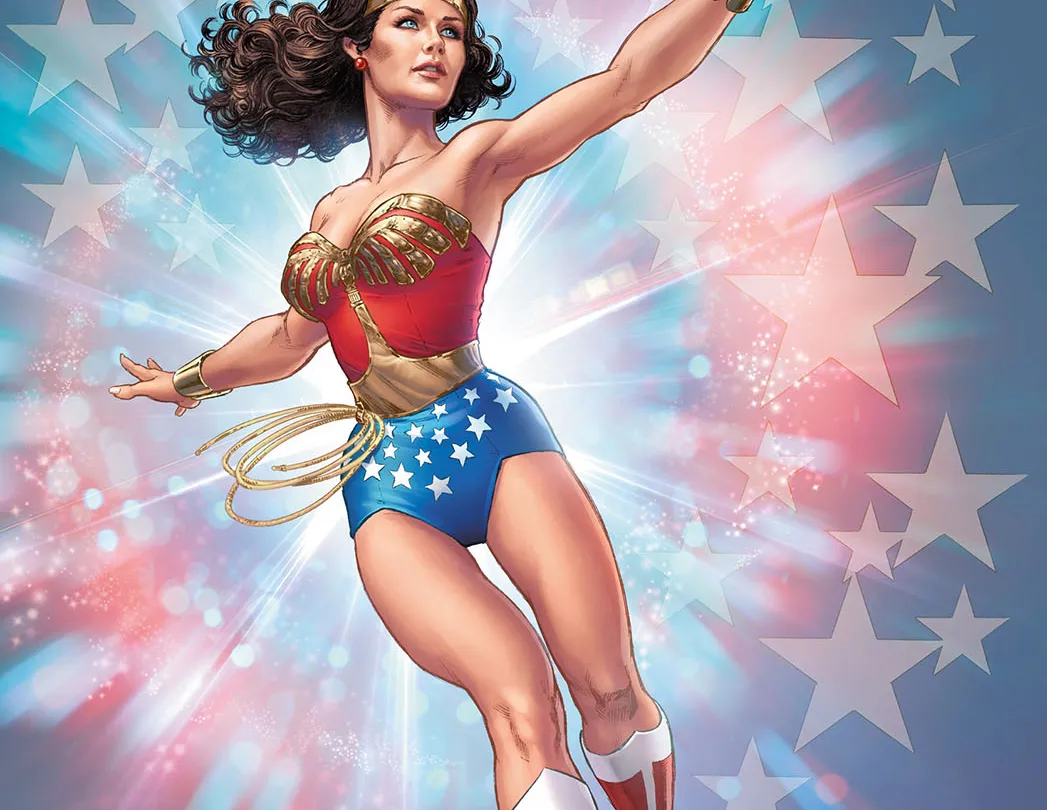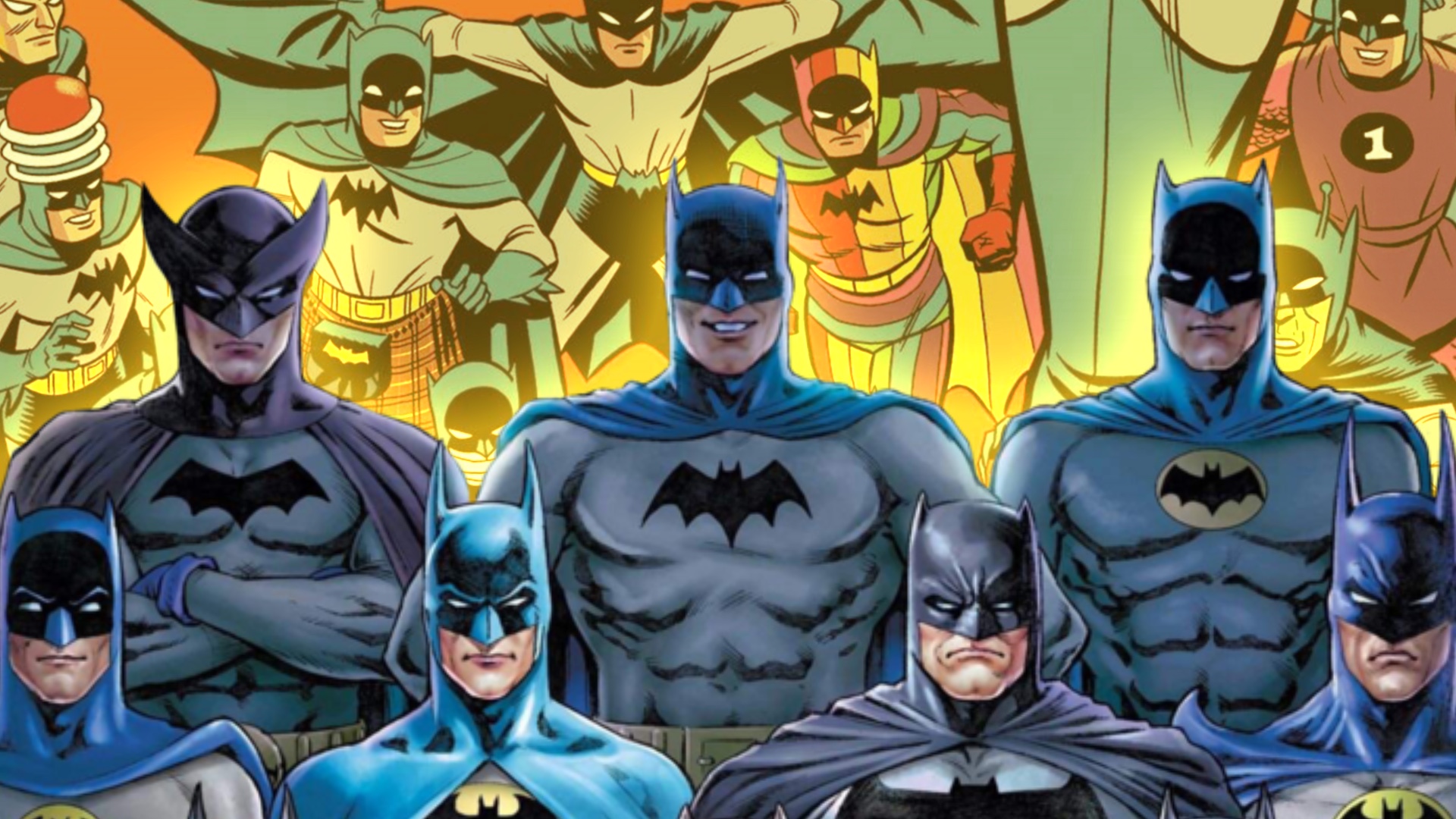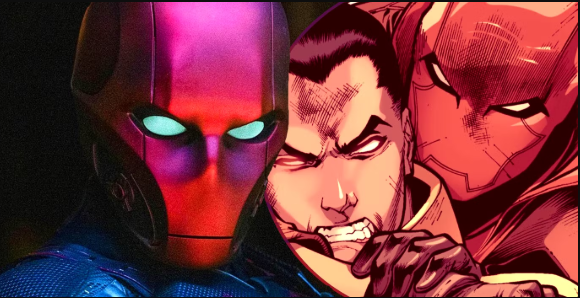Since her debut in All-Star Comics #8 in 1941, Wonder Woman has emerged as one of popular culture’s most enduring and influential superheroes. Created by psychologist William Moulton Marston and artist H.G. Peter, Wonder Woman was designed to symbolize strength, justice, and equality. Over the decades, she has become a timeless icon of empowerment, not just for women but for people of all genders and backgrounds. Wonder Woman’s appeal lies in her unique combination of power, compassion, and unwavering moral compass, making her a character transcending comic books to become a global symbol of empowerment and progress.
A Hero for All Generations
Wonder Woman’s origin story is deeply rooted in themes of empowerment. Born as Diana, princess of the Amazons, she was raised on the hidden island of Themyscira, an all-female society of warriors. The Amazons, inspired by Greek mythology, are strong, intelligent, and compassionate, living free from the constraints imposed by patriarchal systems. Diana is molded by her mother, Hippolyta, to be the greatest warrior of her people. However, her inner qualities—her sense of justice, empathy, and desire for peace—truly set her apart as a hero.
In the 1940s, when Wonder Woman first appeared, her portrayal was revolutionary. She was among the first female superheroes to fight alongside male counterparts like Superman and Batman. While many comic book heroes were portrayed as hyper-masculine figures, Wonder Woman was shown as strong, confident, and independent without sacrificing her femininity. Her strength never overpowered men; she embraced her power and potential. This made her an immediate role model for young girls who had never before seen a superhero who represented their aspirations.
A Symbol of Feminism and Equality
Throughout history, Wonder Woman has embodied feminist ideals, using her platform to challenge traditional gender roles and advocate for equality. She has long been associated with feminist movements, as her stories often address issues such as gender inequality, the importance of education and self-reliance, and the pursuit of peace. For example, Wonder Woman’s lasso of truth forces people to confront their own honesty and integrity, symbolizing the power of truth in overcoming oppression and injustice.
In the 1970s, the television series starring Lynda Carter as Wonder Woman further cemented her role as an empowerment icon. The show focused on Diana’s transformation from a mighty warrior into a compassionate defender of peace, all while challenging the norms of her time. Carter’s portrayal made Wonder Woman an international symbol of female strength, and her influence extended far beyond the screen.
Strength and Compassion in Equal Measure
Her balance of strength and compassion makes Wonder Woman stand out from many other superheroes. While she is undoubtedly a formidable fighter, her approach to justice is rooted in empathy and understanding. She seeks to resolve conflicts through dialogue, striving for peace even in the face of violence. This combination of physical prowess and emotional intelligence has made her a unique and inspiring figure in popular culture.
Wonder Woman’s commitment to justice, equality, and kindness resonates with people of all ages. Her storylines often emphasize that strength is not just about physical ability but about making moral choices, standing up for what is right, and helping those in need. Wonder Woman’s power is not defined by her fists but by her willingness to stand up for the vulnerable and fight against tyranny in all its forms.
Modern-Day Relevance
In the 21st century, Wonder Woman has only grown in relevance. The 2017 film Wonder Woman, directed by Patty Jenkins and starring Gal Gadot, brought the character to a new generation of fans. The film was praised not only for its action and visual spectacle but also for its depiction of a strong, independent female hero who is not defined by her relationships with men but by her agency and mission.
Wonder Woman’s message of empowerment resonates strongly in today’s world, where gender equality, women’s rights, and social justice are at the forefront of global discussions. Her portrayal as a fierce yet compassionate hero inspires and encourages people to embrace their inner strength, regardless of the challenges they may face.
Conclusion
Wonder Woman’s lasting legacy as an icon of empowerment stems from her ability to balance strength with compassion, independence with kindness, and justice with love. Her story is a testament to the idea that true power lies not in domination but in the pursuit of peace, equality, and the well-being of others. As a symbol of empowerment, Wonder Woman has transcended the pages of comic books and the silver screen to become a global figure whose influence will continue to inspire and empower future generations. Whether fighting villains on the streets of Gotham or advocating for women’s rights, Wonder Woman remains a timeless beacon of hope and strength for all.




